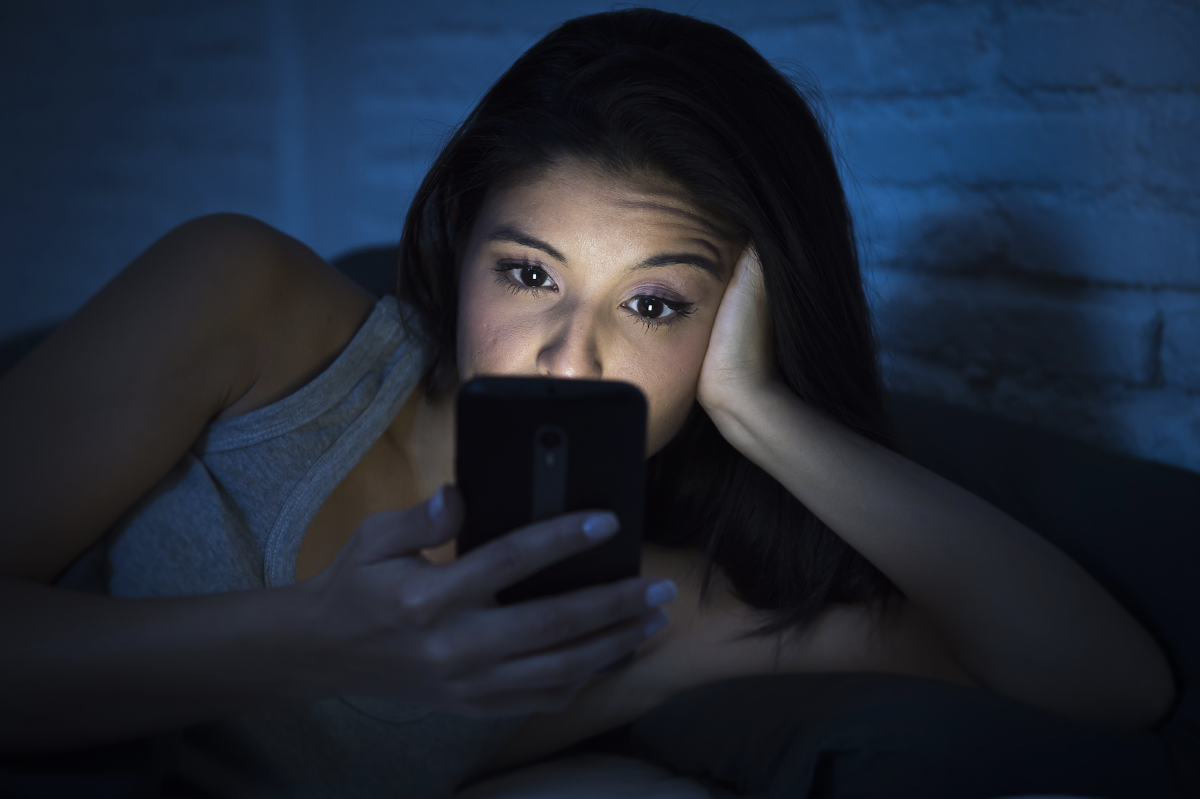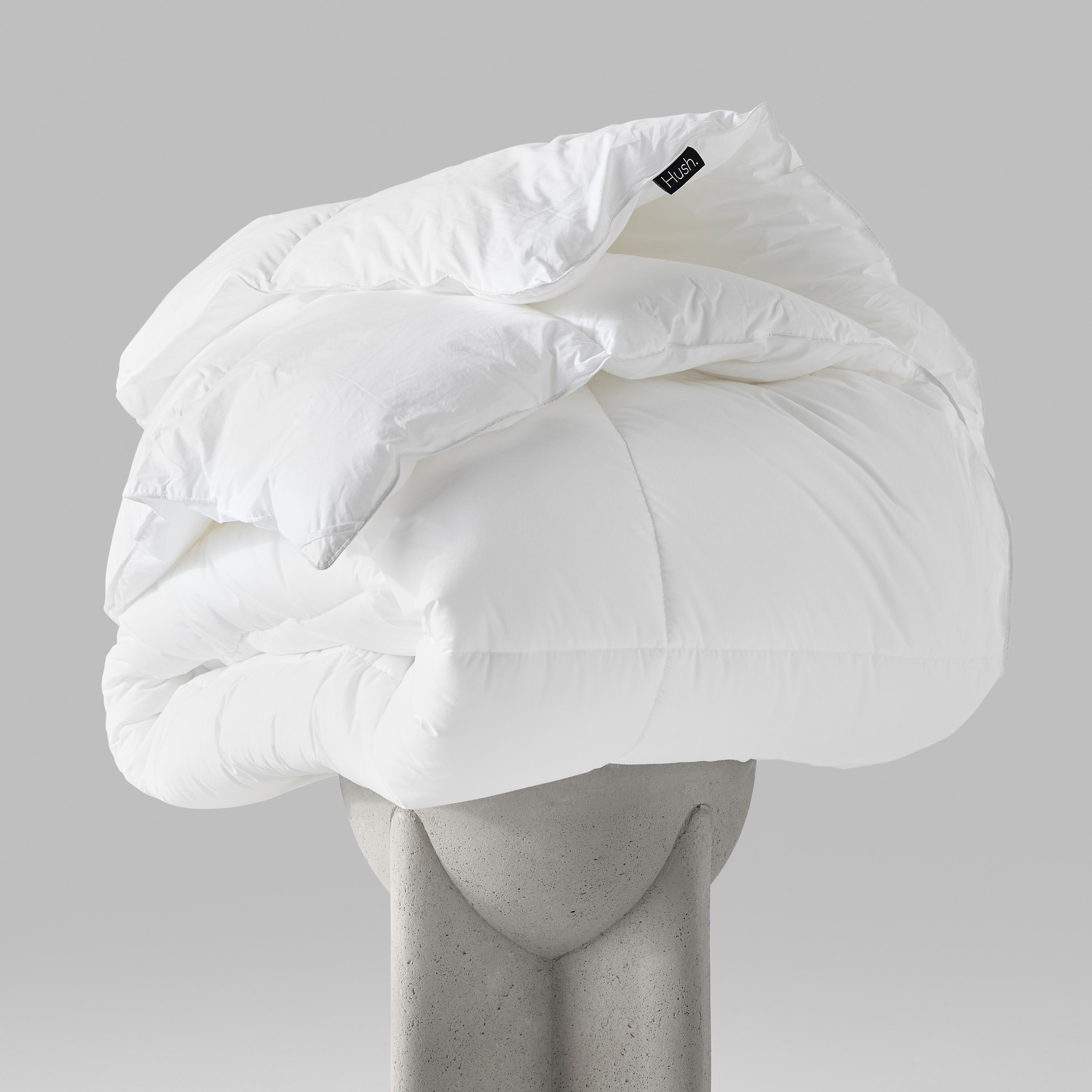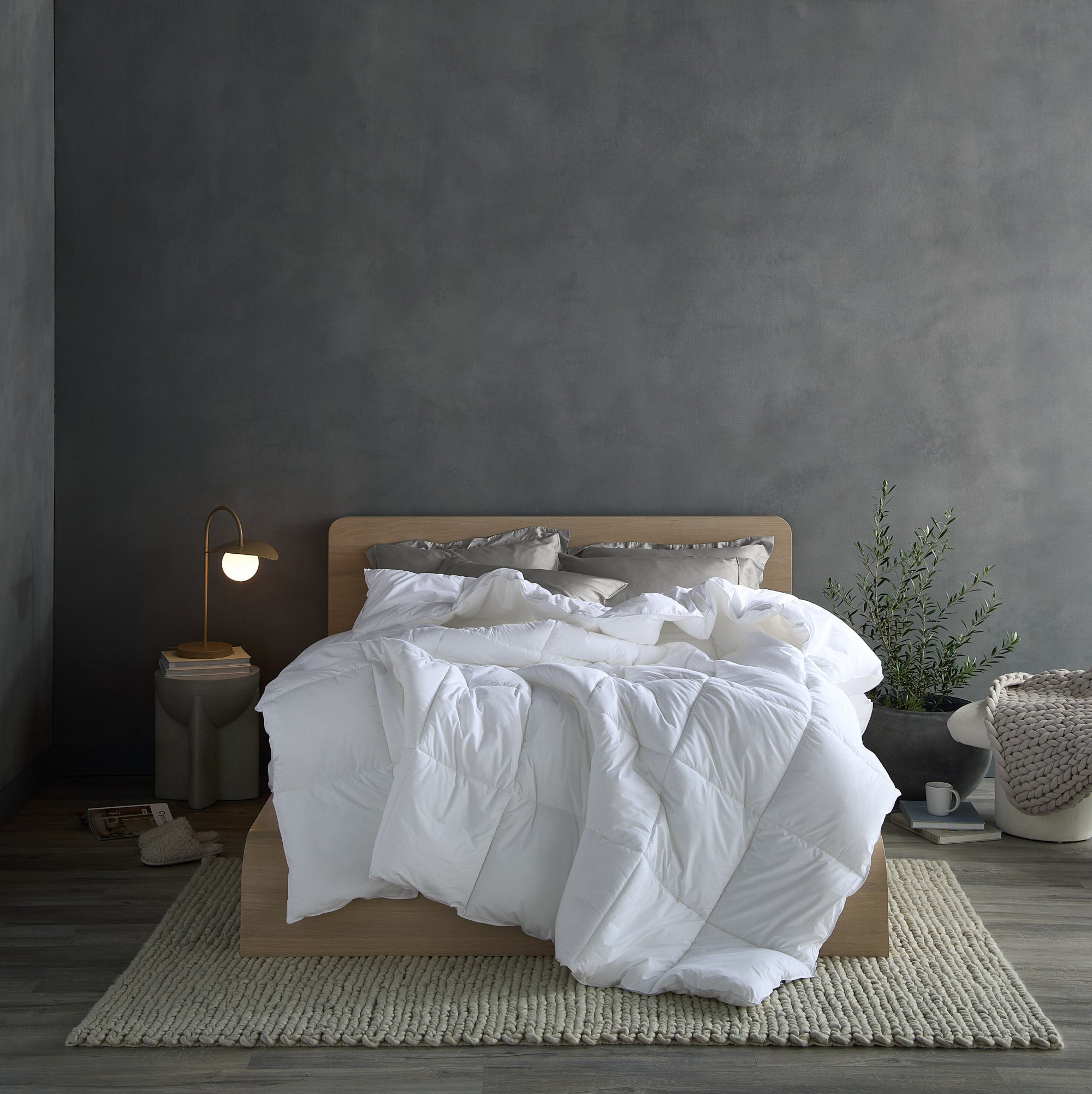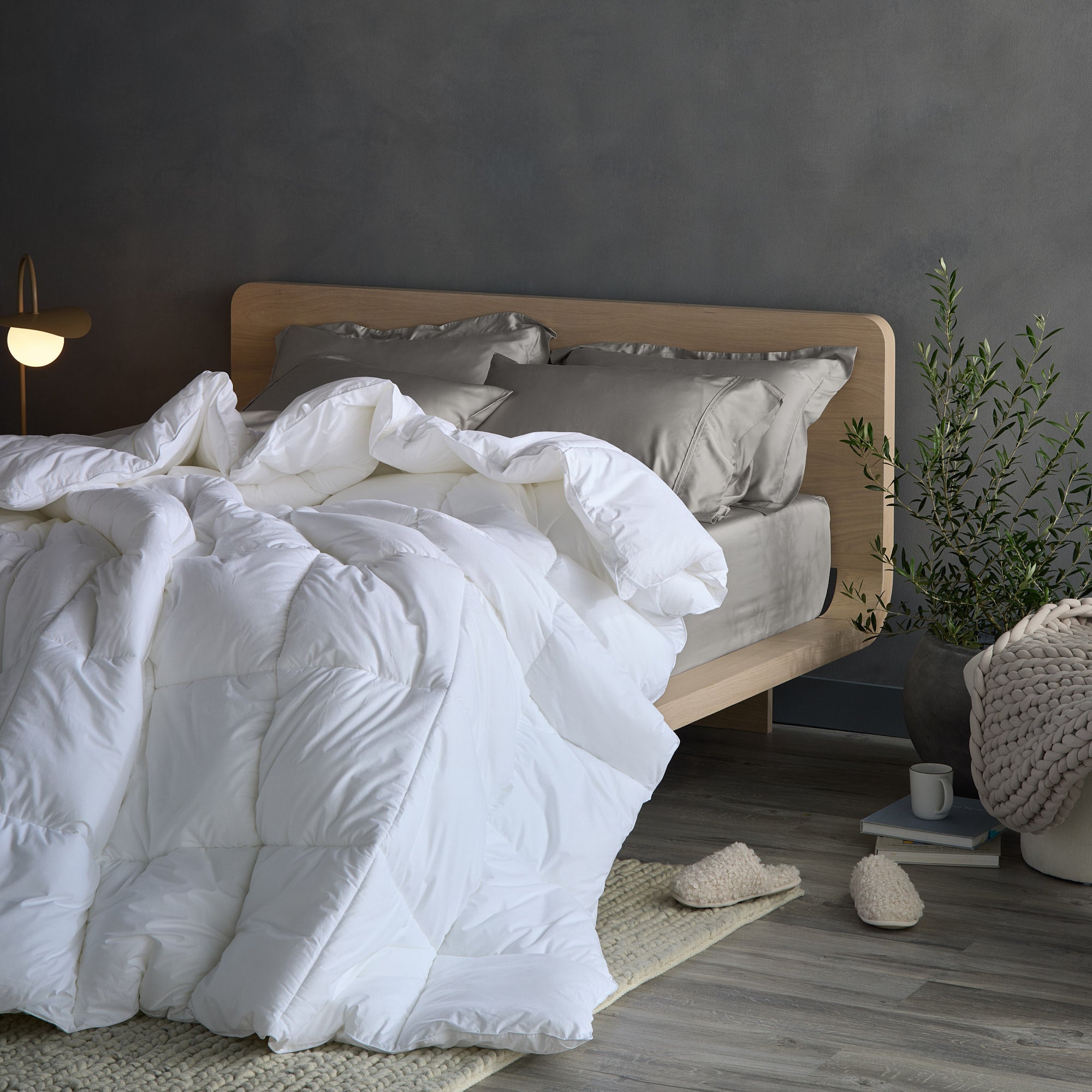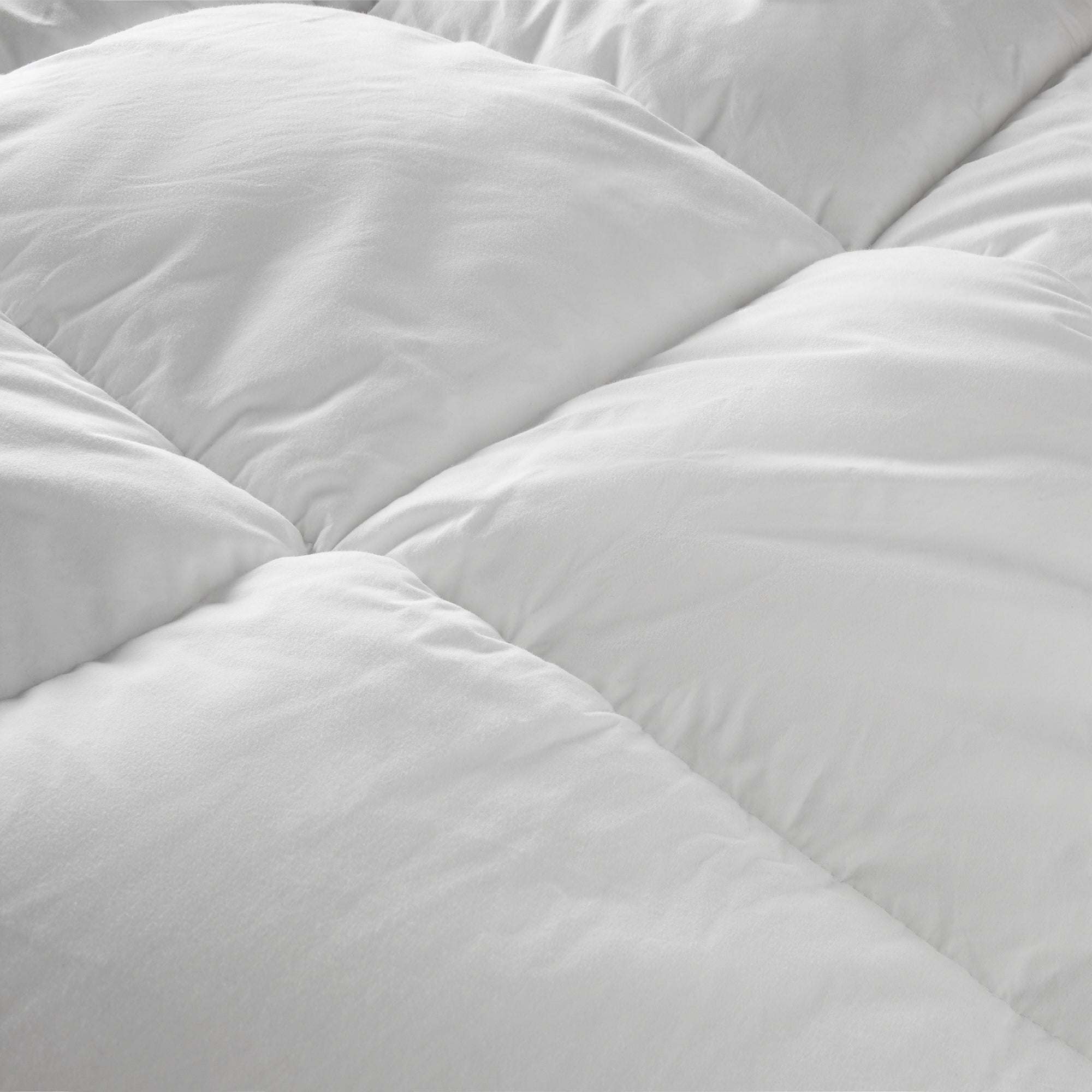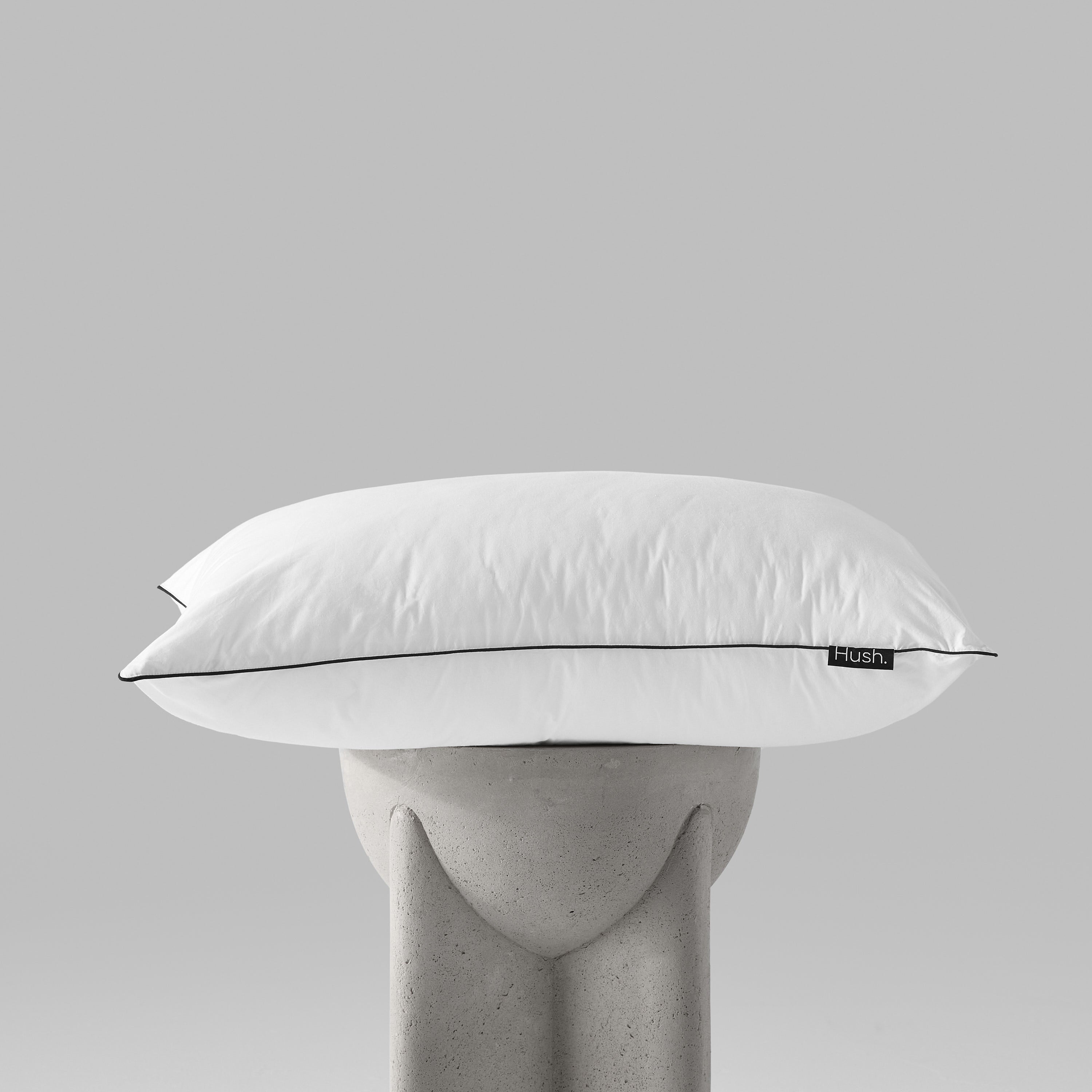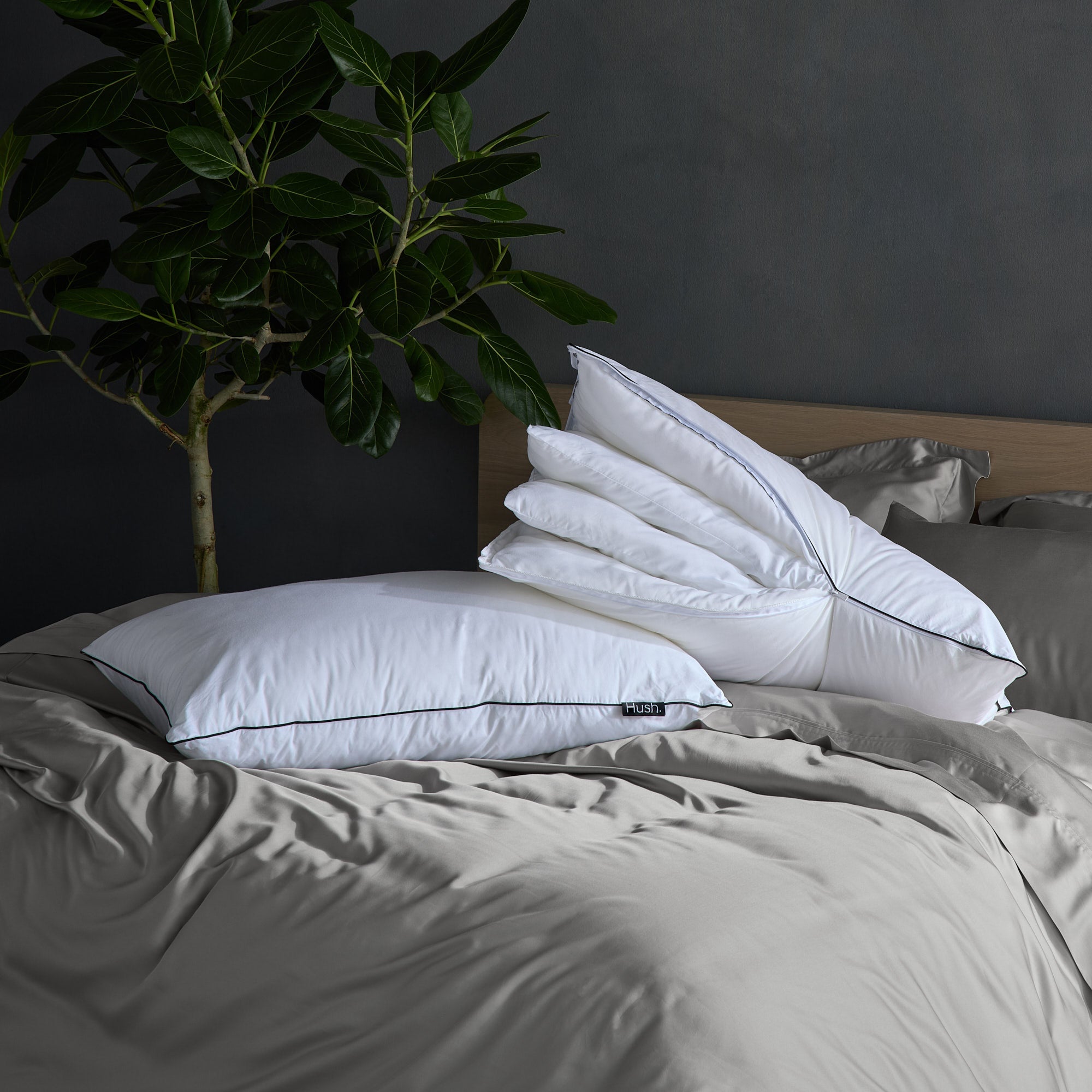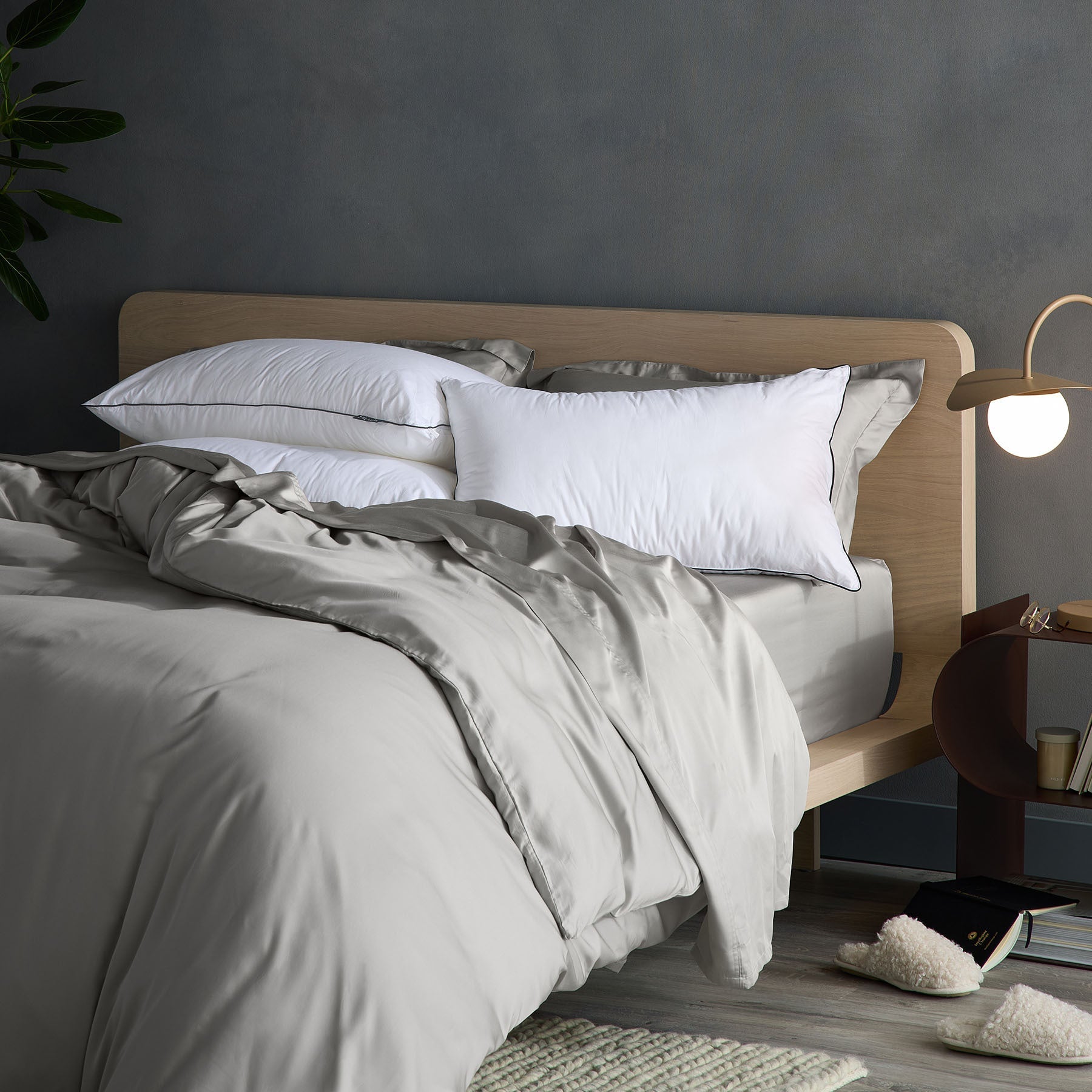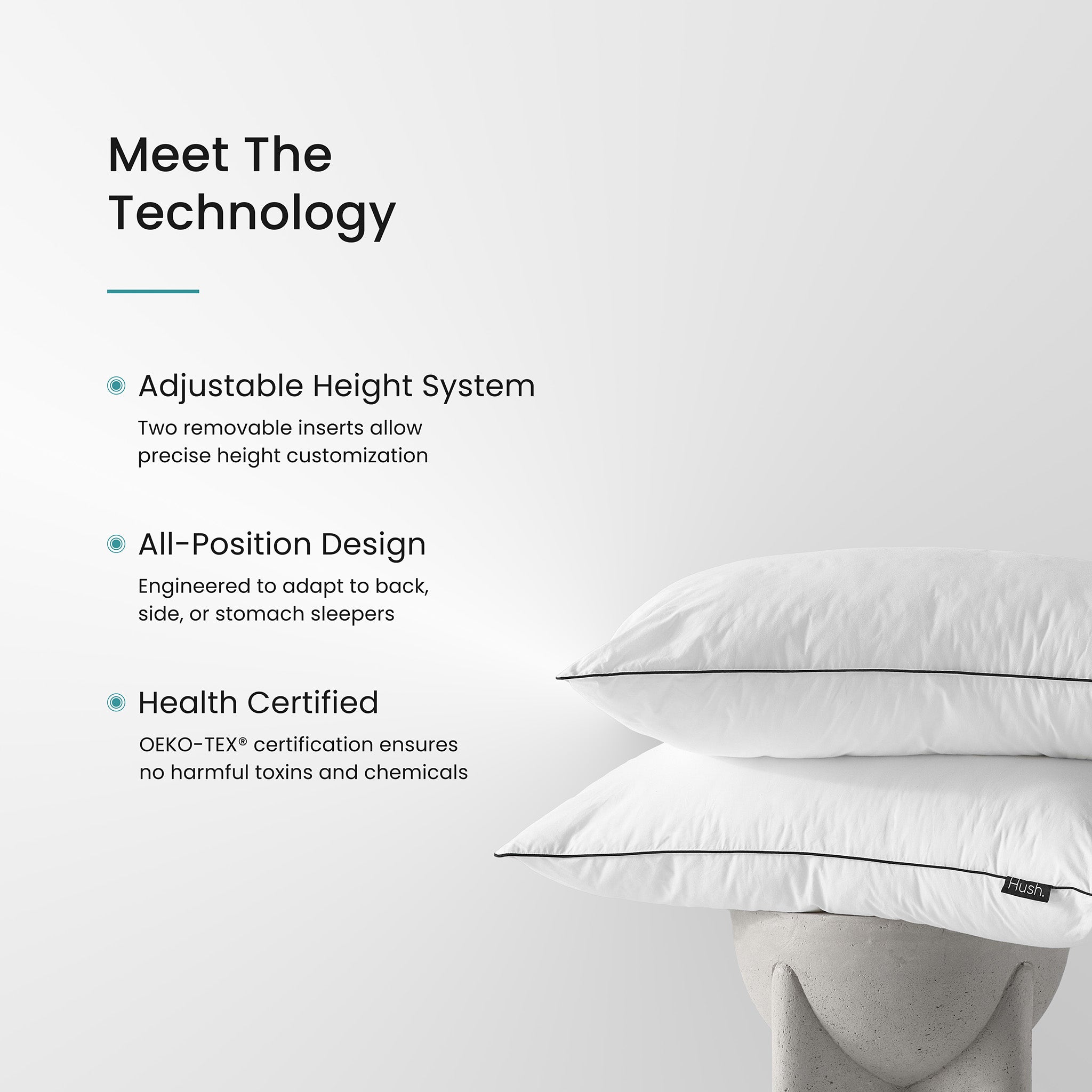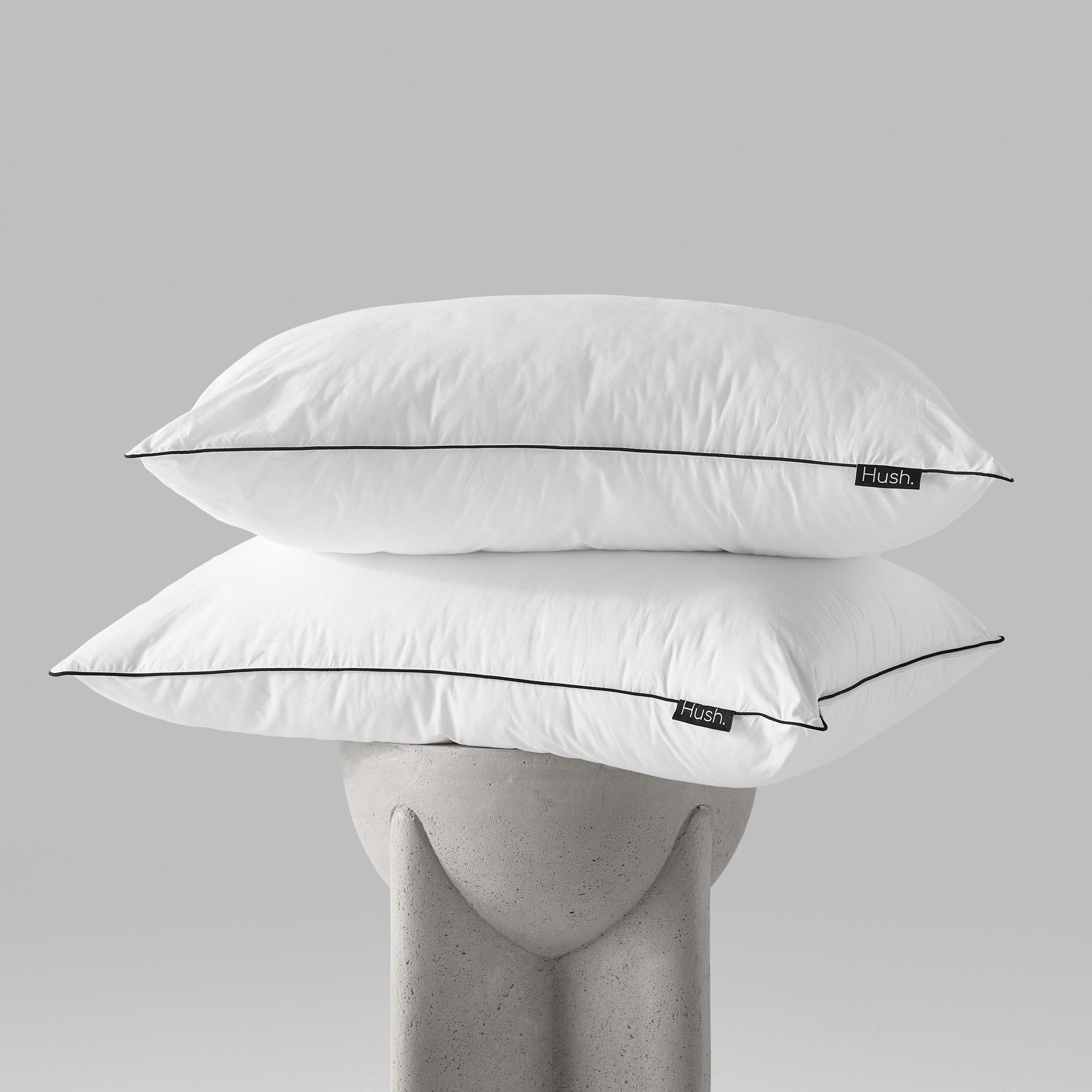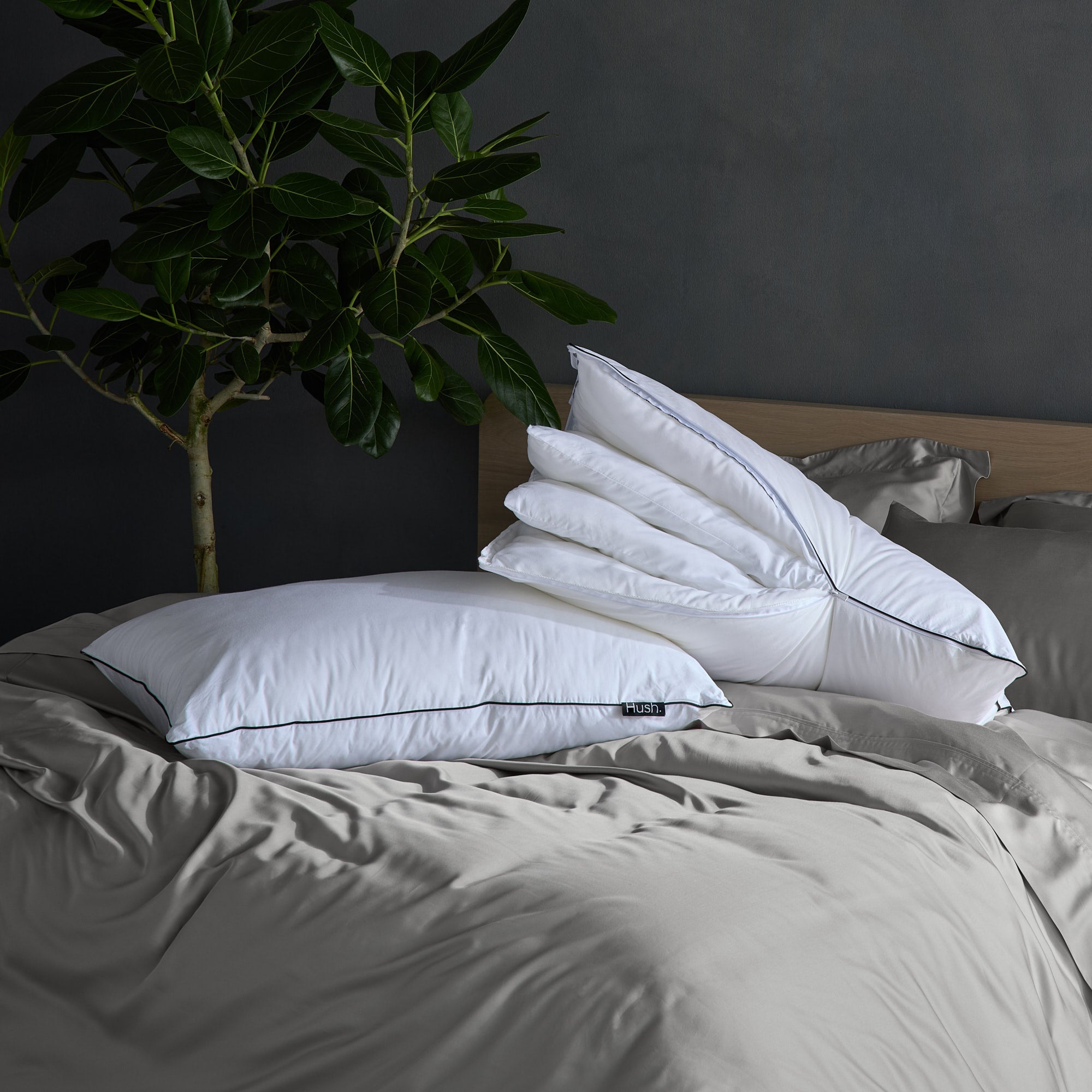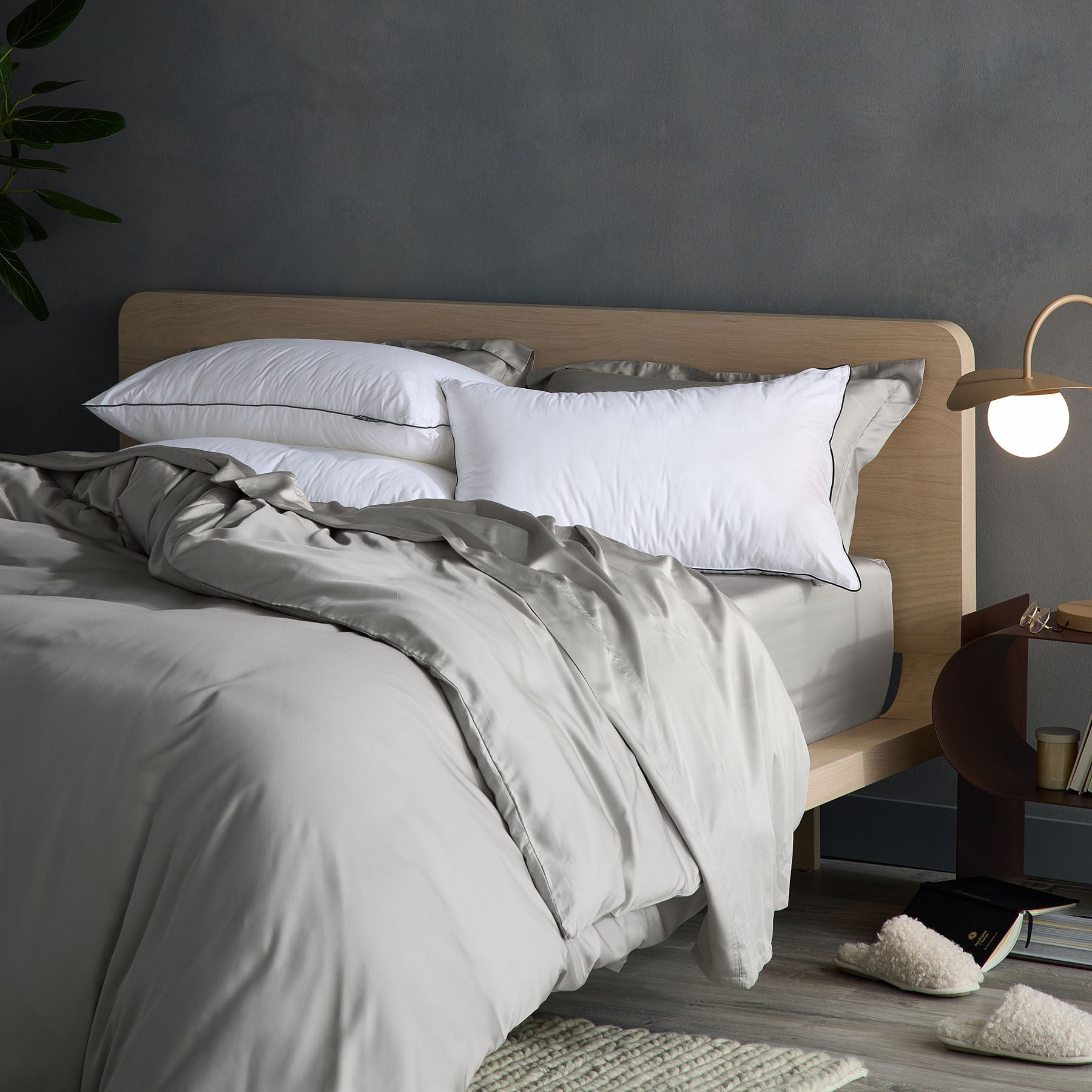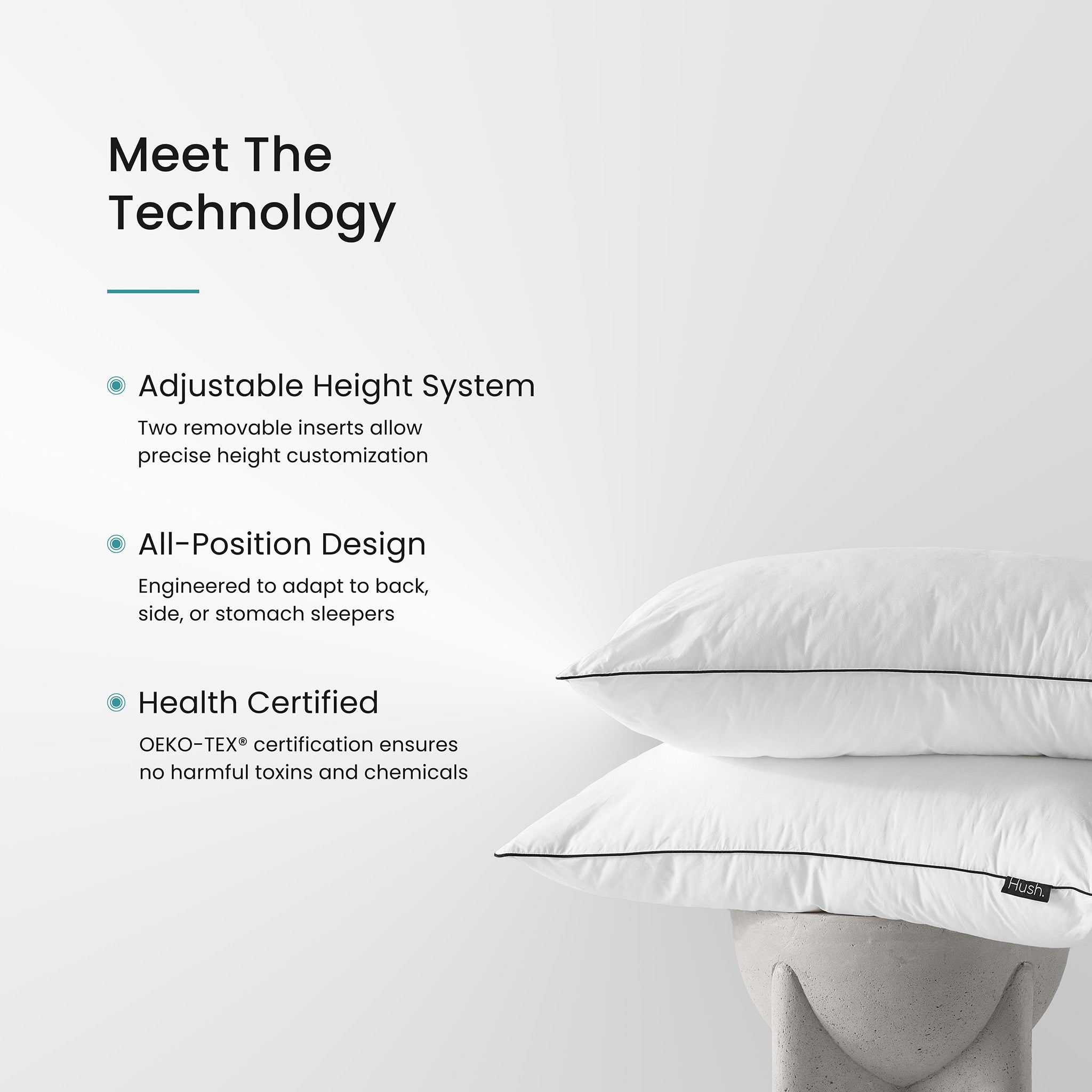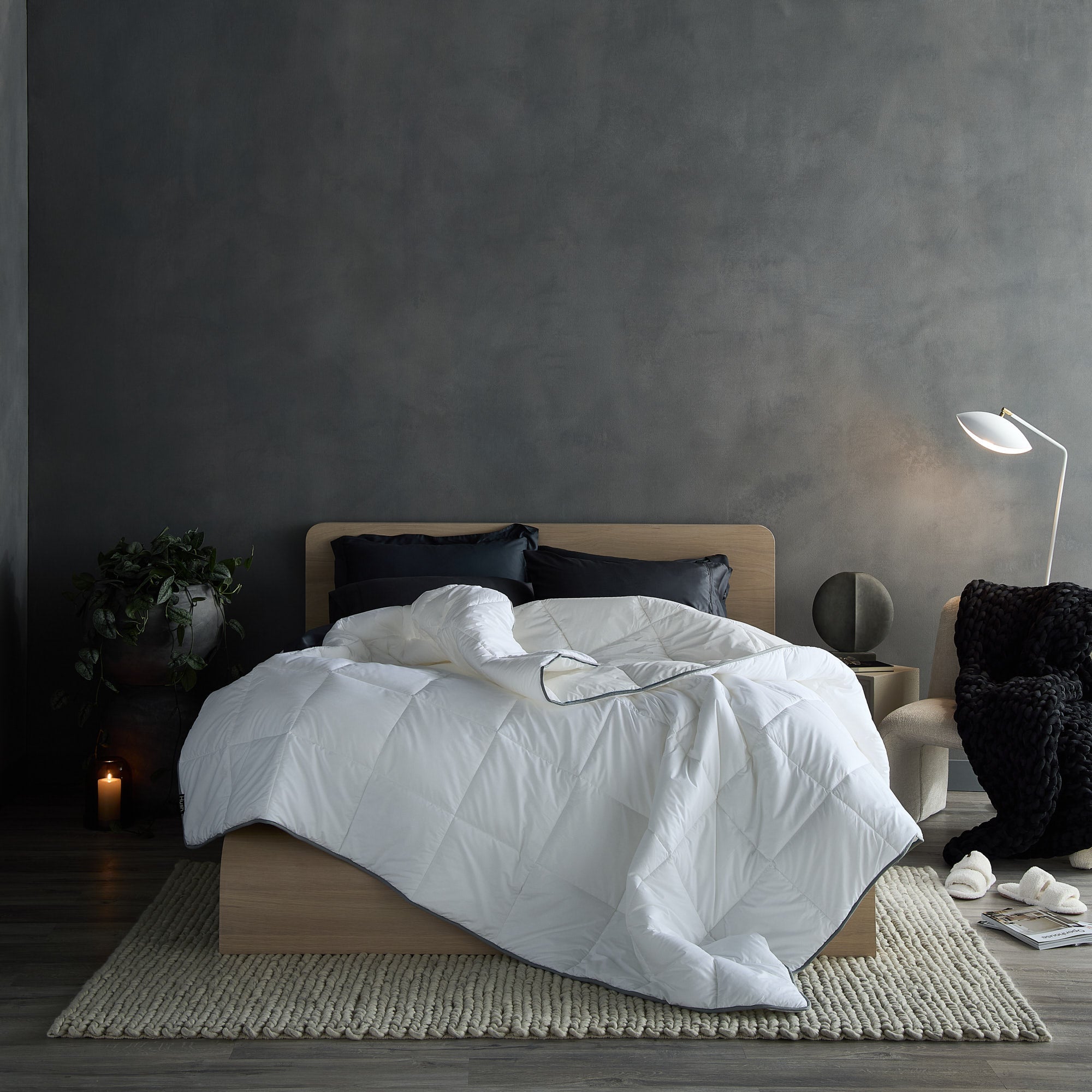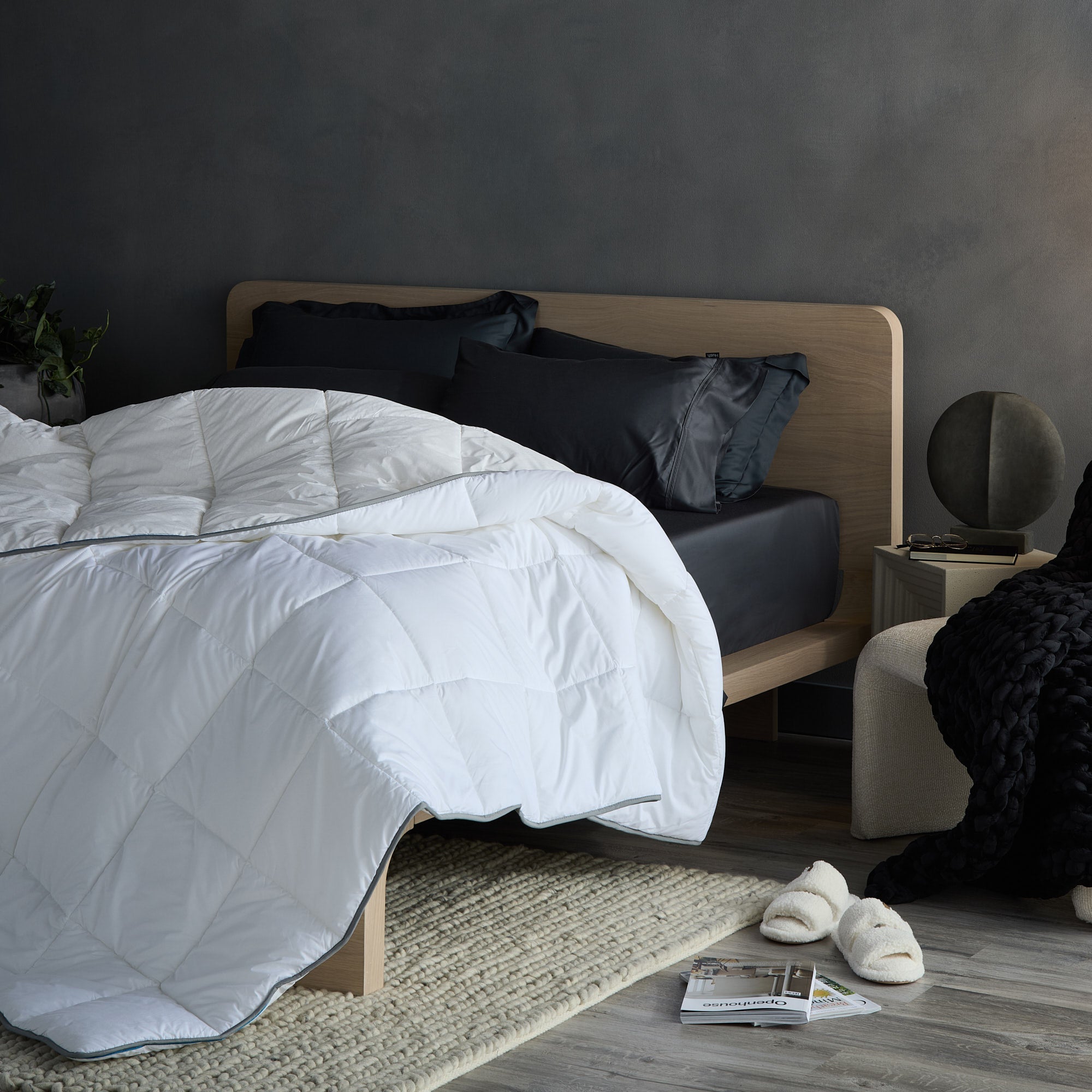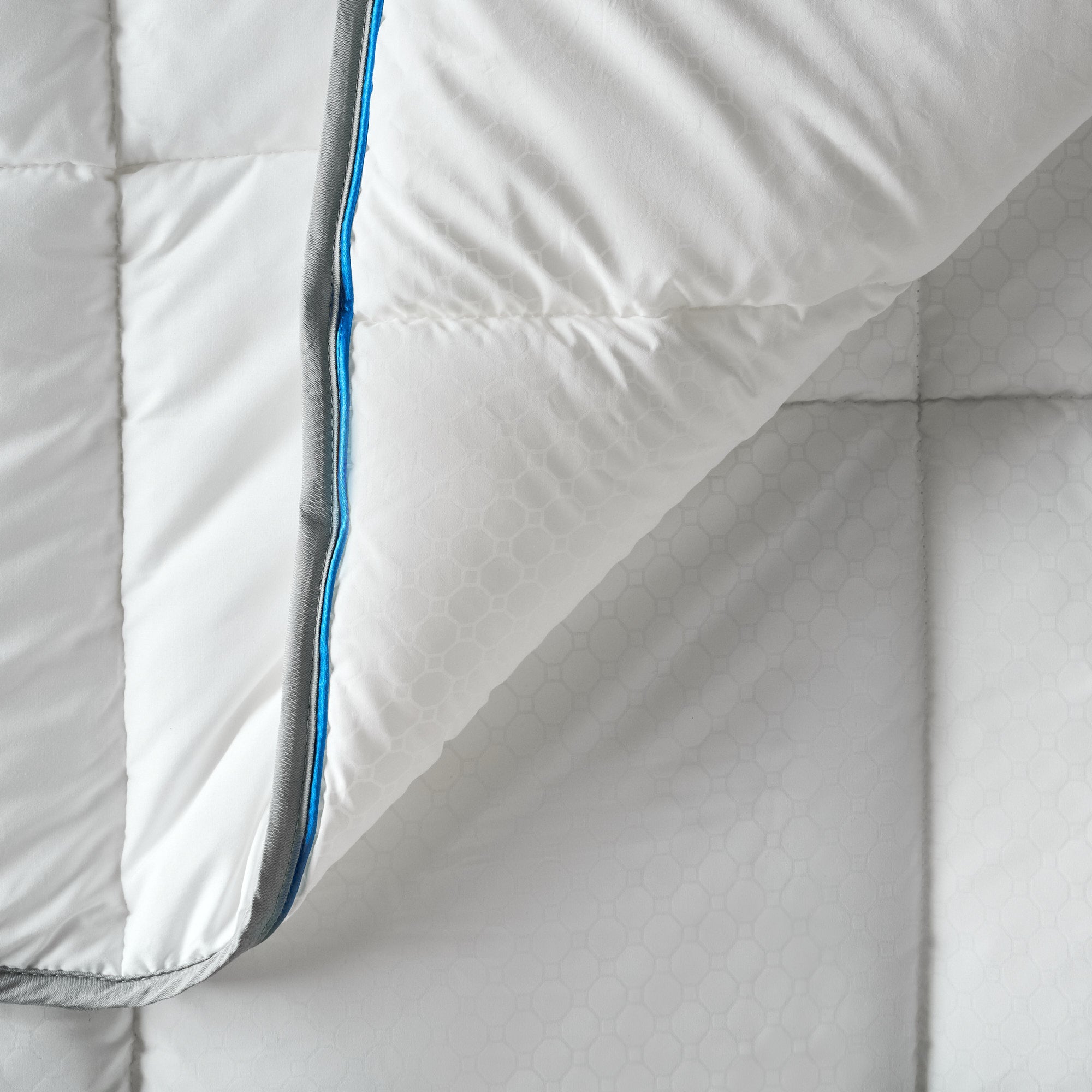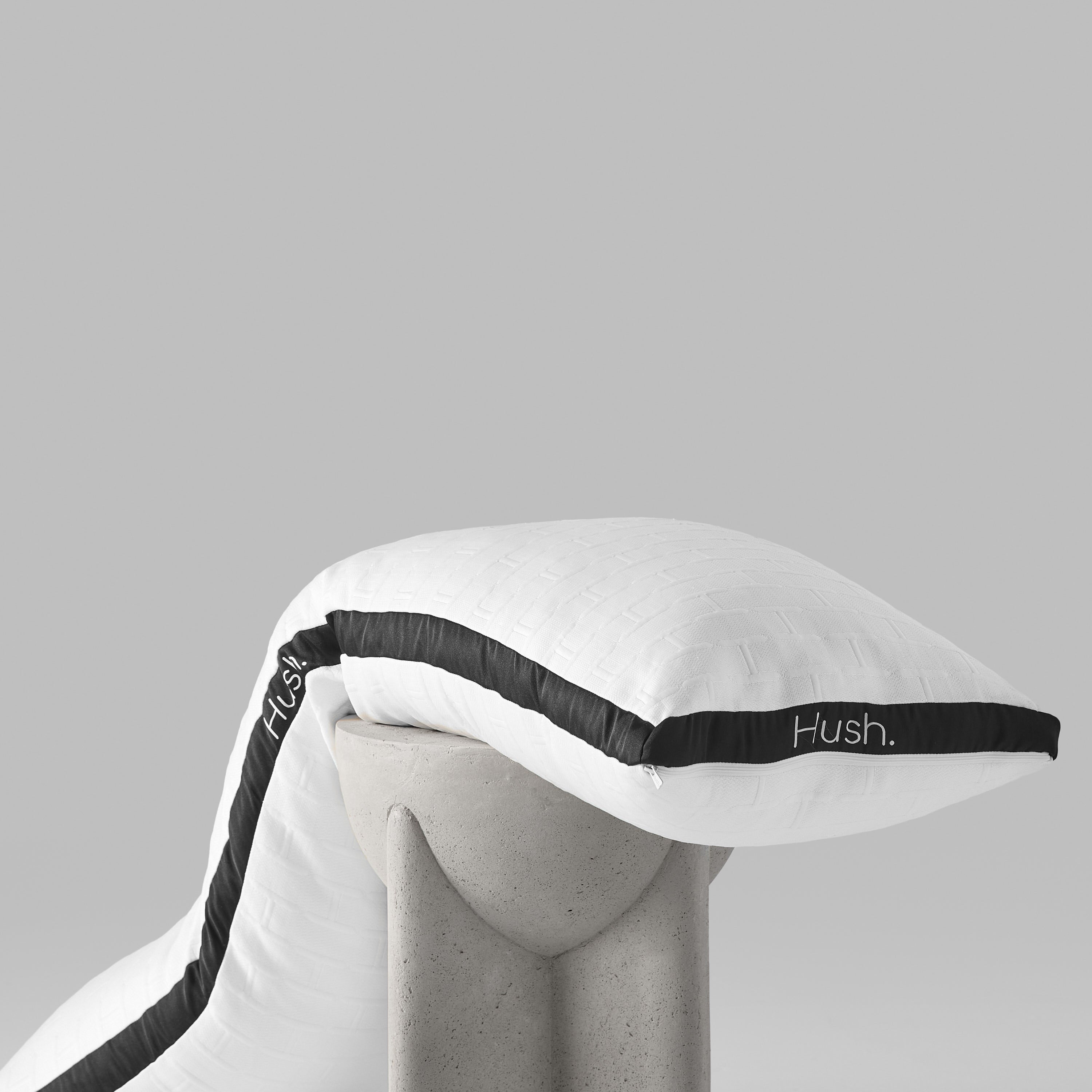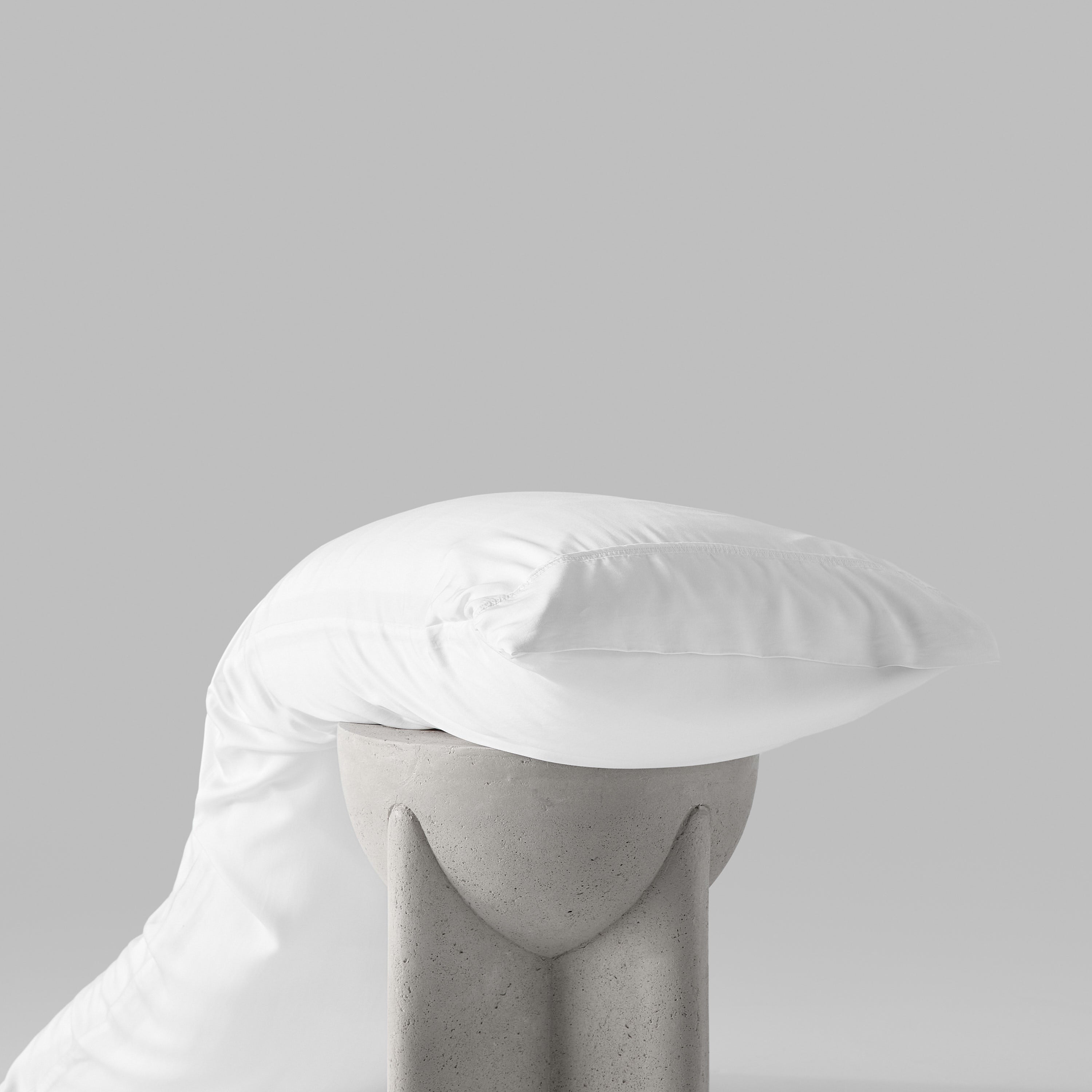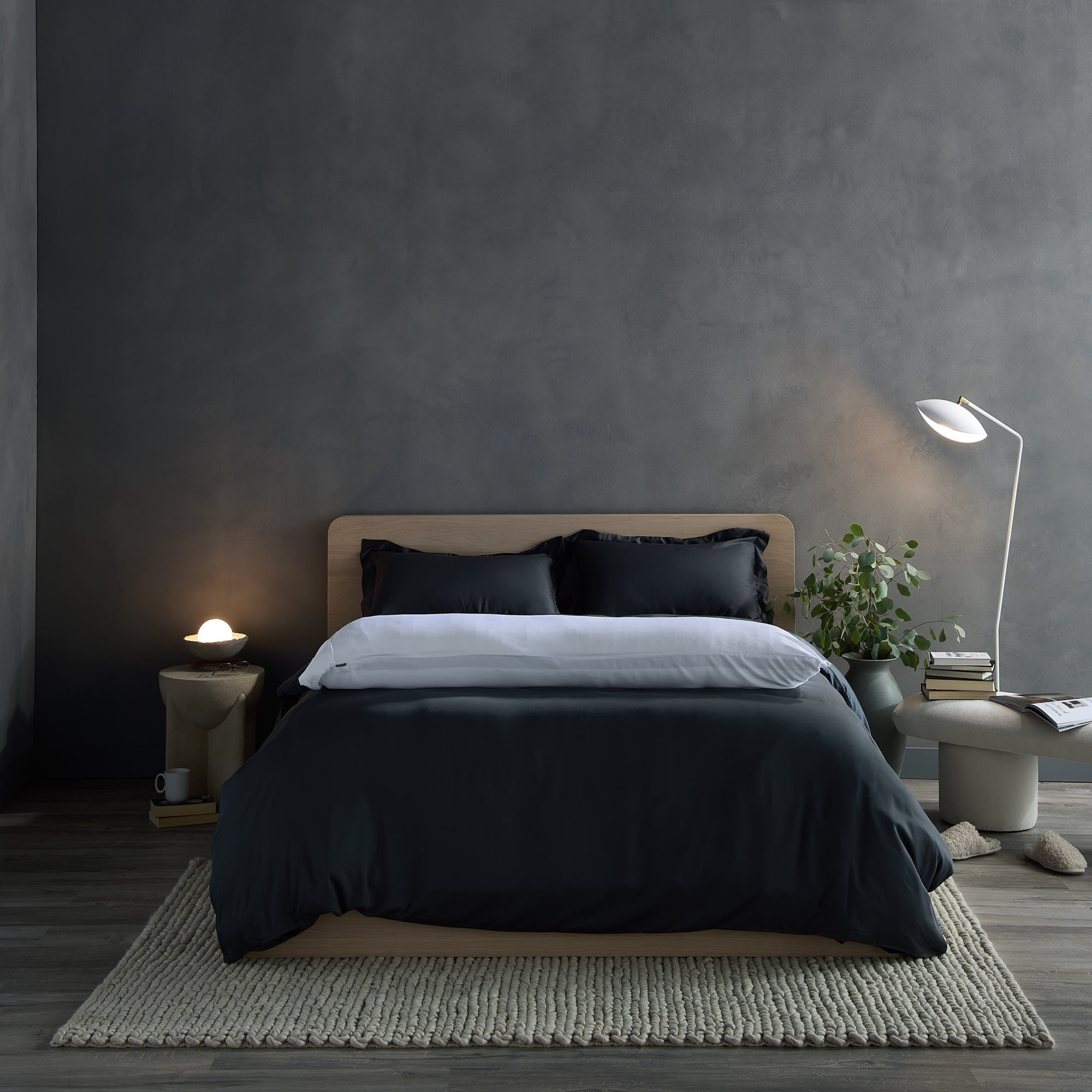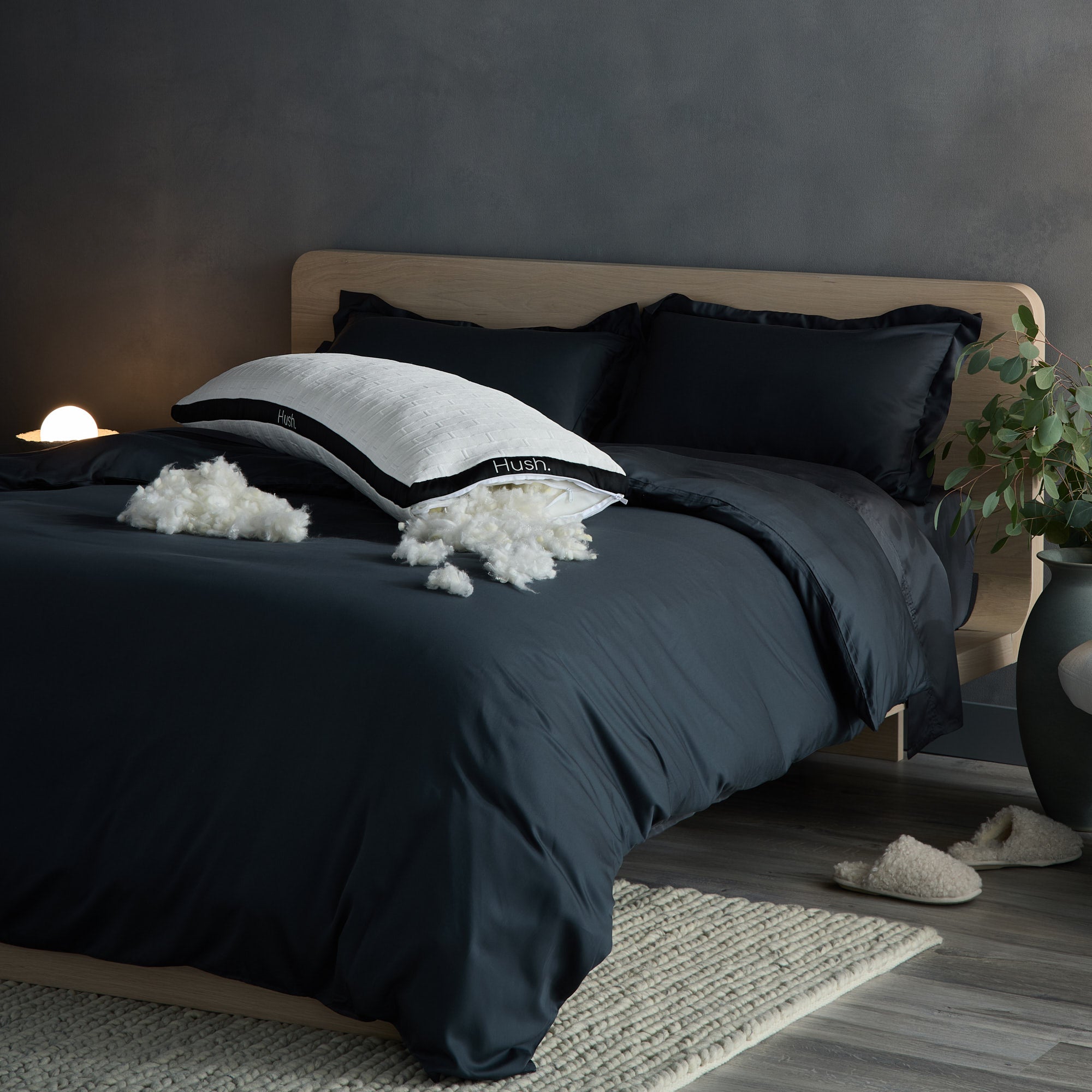
When most of us think of procrastination, we think of putting off a homework assignment or a project at work until the last possible minute. Believe it or not, procrastination can also apply to how you sleep at night. As the name implies, sleep procrastination involves putting off going to bed. Instead of going to sleep when you feel tired, you stay up for other late-night activities, like reading a book, scrolling through social media, or watching your favorite Netflix show.
This habit can easily lead to severe sleep deprivation, leaving you too exhausted to do much of anything the next day.
Here's a closer look at what sleep procrastination is, why it matters, and how procrastinators can start enjoying better sleep.
What Is Sleep Procrastination?

Sleep procrastination, which has also been given the interesting name of revenge bedtime procrastination, has actually been studied to the point where experts define it by three characteristics:
- You're delaying going to sleep, which will reduce your total hours of sleep.
- You don't have a "valid reason" for staying up late, like an illness or event (like going to a concert or catching a red-eye flight). In other words, there isn't anything outside your control that is keeping you up.
- You know that a lack of sleep is going to have negative consequences the next day, but you choose to stay up anyway.
Over time, insufficient sleep caused by sleep procrastination can cause a wide range of problems. Low-quality sleep can harm your mental health, leaving you feeling irritable or depressed. This can also harm your decision-making abilities.
Long-term night after night of poor sleep can lead to physical health problems such as heart disease, high blood pressure, obesity, and type 2 diabetes. Poor sleep can weaken your immune system, making you more likely to get sick.
These consequences are the same as those caused by other serious sleep disorders that keep you from getting enough rest, such as obstructive sleep apnea. Fortunately, those who suffer from sleep procrastination can more easily address their sleep problems and get enough sleep. It ultimately comes down to how you use your time at the end of the day.
What Causes Revenge Bedtime Procrastination?

While sleep procrastination has been an issue for years, the term “revenge bedtime procrastination” didn’t become mainstream until 2014. The phrase actually originated in China, highlighting workers' frustration with overwork that left them with hardly any leisure time. In this context, procrastinating bedtime became a way of "getting revenge" on a daily life that felt overworked and overstressed.
Obviously, this phenomenon is hardly unique to China. One report from the World Health Organization determined that 745,000 people die from overwork each year. While your own work experience probably isn't that extreme, it's totally understandable to feel like work is infringing on your leisure time.
The coronavirus pandemic actually added to these feelings. One study found that on average, those who stayed employed were putting in an average of nine hours of overtime each week. Over half of those people weren't paid for their overtime hours. Not surprisingly, this led to a high number of workers feeling more stressed or anxious, with 22% of those surveyed saying work-related stress was also harming their sleep.
Let's be real: No matter what you do for work, or how many hours you work, we all want to unwind at the end of the day. Unfortunately, many people find that long work hours eat into their free time. Instead of being able to settle down for their favorite show in the early evening, they aren't "free" until closer to midnight.
At that point, you should really be going to bed. But these newly formed night owls want to unwind with a favorite TV show or video game, even if it means less sleep. Because our self-regulation abilities decline at the end of the day, it becomes easier to convince ourselves that it's okay to stay up a bit longer instead of getting some much-needed shut-eye.
Unfortunately, what you think will be 10 minutes of leisure time can easily turn into an hour or more. That extra time on social media or watching television may feel great in the moment, but you'll probably regret it when you wake up feeling exhausted the next day.
How to Beat Sleep Procrastination

While some argue that beating sleep procrastination largely comes down to improving self-control, this is only part of the story. Studies indicate that a person's chronotype (their natural tendencies for when they want to be asleep or awake) and exposure to daytime stress can also make it harder to go to bed at a reasonable hour.
Despite this, a few key practices can improve your sleep hygiene and help you be less tempted to stay up "just a bit longer" during the late night hours.
Establish a Consistent Bedtime Routine
This is probably the biggest step to beating sleep procrastination. Setting a consistent bedtime and wakeup time for every day of the week trains your body to know when it is time to go to sleep. You can aid this by following the same bedtime routine each night, like brushing your teeth or taking a shower at a certain time. It may be helpful to set an alarm for when to start getting ready for bed until this becomes a habit. A consistent routine will help you develop greater self-control, even when you're stressed.
Improve Your Bedroom Environment
An inviting bedroom environment will make going to bed more appealing, so you'll be less likely to procrastinate sleep. Keep your bedroom dark, cool, and quiet. Turn off the lights, and consider using earplugs or a noise machine if you have loud housemates. Snuggling under a weighted blanket can also help you relax, with the added weight exerting deep touch pressure. This relieves stress so your body can start producing melatonin. A comfortable mattress will also make it easier to fall asleep and stay asleep.
Set a Time for Relaxation Activities
Setting a consistent bedtime routine doesn't mean you won't have time for leisure! In fact, relaxing activities like reading a book, taking a hot bath, or doing a quick yoga session can be part of your nightly routine. These activities help reduce the stress that can cause you to procrastinate sleep. Remember, screen time is a no-no for bedtime relaxation, as the blue light can suppress melatonin production and keep you up later. Turn off screens at least a half hour before bed.
Reevaluate Your Daily Routine
If you experience significant stress each day, you're more likely to become a sleep procrastinator. Evaluating what causes stress during the day can be an important move, not just for better sleep, but better overall wellness. You may find that you need to set boundaries with family or friends who make excessive demands of your time. You might need to establish firm boundaries for your work/life balance with your employer — or even find a new job. Exercising during the day or taking breaks away from your desk can also relieve stress so you feel more relaxed as bedtime approaches.
Let a Weighted Blanket Help Improve Your Bedtime Routine

Beating sleep procrastination can be hard, especially when you want a little more time for your hobbies before you go to bed. But getting more sleep will ultimately help you feel much better than extra time on social media. By pairing healthy habits with a good sleep environment, you’ll sleep better and feel less stressed during the day, so you’ll be less likely to procrastinate in the future.
If you've been struggling to get enough sleep, a Hush weighted blanket could be just what you need. The gentle weight of the blanket uses deep touch pressure therapy to help you relax and calm down as you get ready for bed. As you put yourself in the right mindset for sleep, you can stop procrastinating and go to bed.
Both standard and cooling blankets are available to help you snuggle up and relax. When paired with other good sleep hygiene practices, this can help you say good night and goodbye to sleep procrastination.
